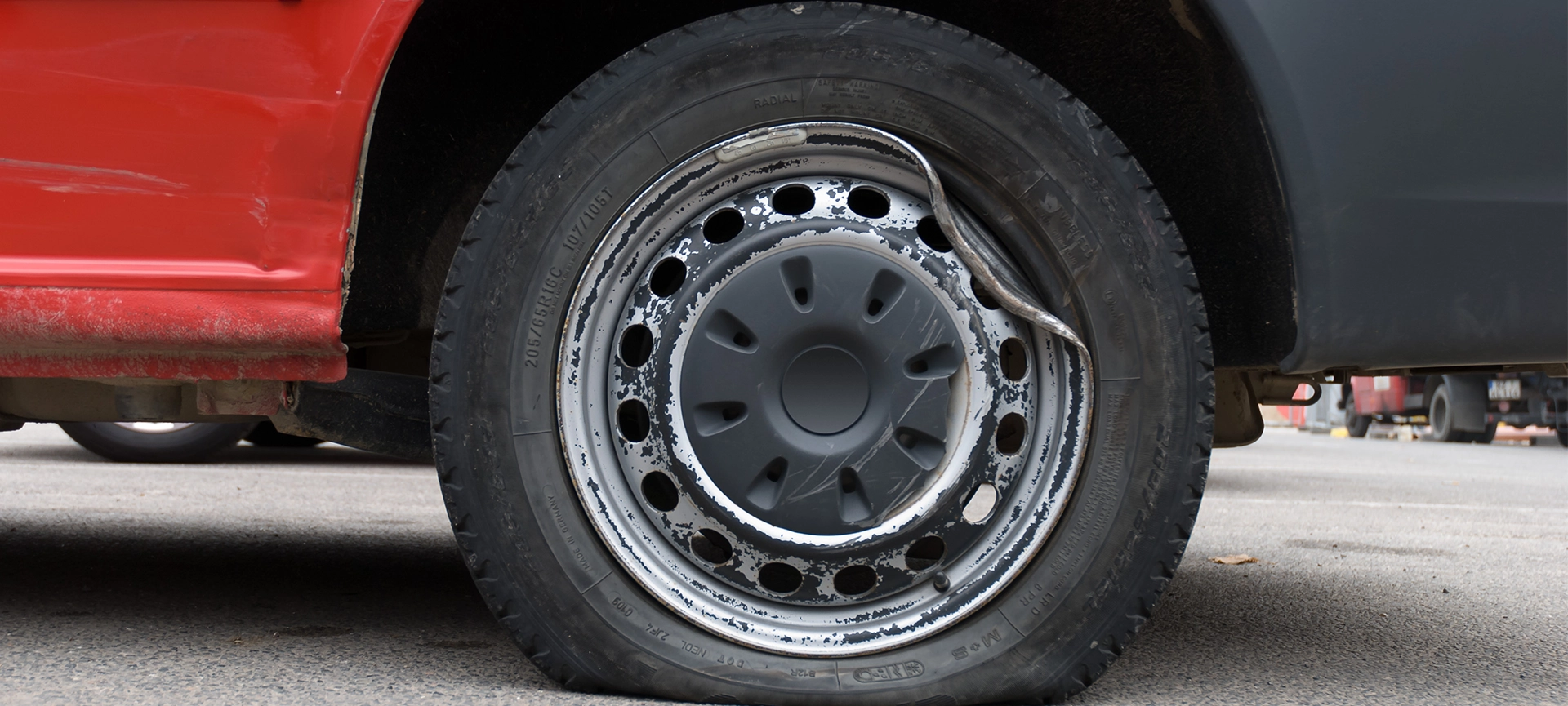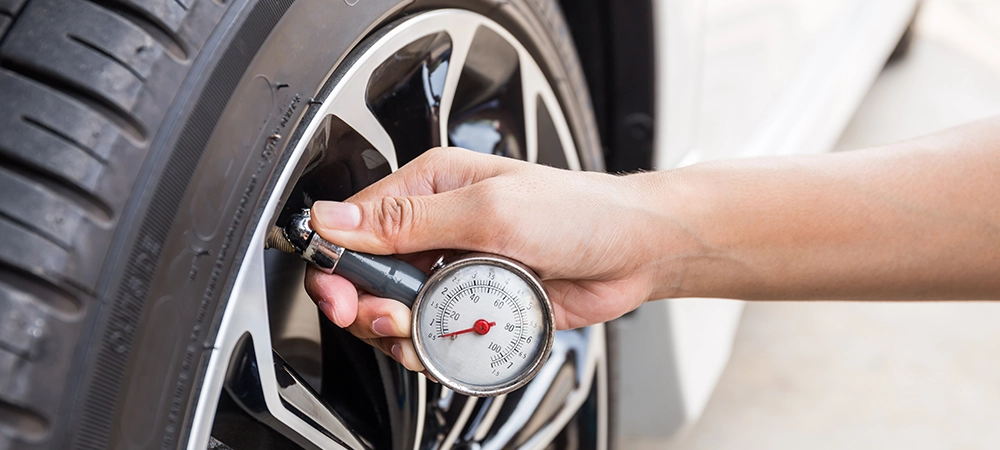As a car owner, you know that your wheels are one of the most important components of your vehicle. Your wheels not only provide a smooth and comfortable ride, but they also play a crucial role in your car’s handling and performance. Unfortunately, rims are susceptible to damage, and this can lead to costly repairs or replacements. In this blog post, we will discuss five of the most common causes of rim damage and provide practical tips on how to prevent them.
1. Potholes
Potholes are a common cause of rim damage. When you hit a pothole, your car’s suspension system absorbs most of the impact, but some of that impact is transferred to your rims. If you hit a pothole hard enough, it can cause your rim to bend or crack. To prevent pothole damage, always drive cautiously on roads that are known to have potholes. Keep your eyes peeled for potholes, and if you can’t avoid them, slow down and go over them as gently as possible.
2. Curb Rash
Curb rash is another common cause of rim damage. It occurs when you accidentally scrape your rim against a curb while parking or turning. Curb rash is not only unsightly, but it can also weaken the structure of your rim and make it more susceptible to further damage. To prevent curb rash, be extra cautious when parking or turning, especially in tight spaces. If you are unsure about the proximity of the curb, use a spotter or invest in parking sensors or a backup camera.
3. Corrosion
Corrosion can cause your rims to weaken and eventually fail. Corrosion occurs when your rims are exposed to moisture, salt, and other corrosive substances. Over time, this exposure can cause your rims to rust, and if left unchecked, the rust can eat away at the metal and cause structural damage. To prevent corrosion, wash your rims regularly and apply a protective coating to help prevent rust. Additionally, avoid driving through deep puddles or standing water, especially if you live in an area with harsh winters and salted roads.
4. Tire Pressure
Your tire pressure can also affect your rims. If your tire pressure is too low, your tires can become flattened, and the sidewalls can bulge, putting extra stress on your rims. Conversely, if your tire pressure is too high, your tires can become overinflated, and this can also cause stress on your rims. To prevent tire pressure-related rim damage, check your tire pressure regularly and keep it within the recommended range. Your car’s manual or the sticker on the driver’s side door jamb will provide the correct tire pressure range.
5. Driving Habits
Your driving habits can also affect your rims. If you frequently drive on bumpy or uneven roads, your rims can become weakened and more susceptible to damage. Additionally, if you frequently drive aggressively, such as taking sharp turns at high speeds or slamming on the brakes, you can put extra stress on your rims. To prevent driving habit-related rim damage, drive cautiously and avoid aggressive driving. If you do drive on bumpy or uneven roads, slow down and try to avoid potholes and other hazards.
Final Thoughts
In conclusion, rims are an essential component of your car, and they need to be taken care of to ensure their longevity. By following these practical tips, you can prevent common causes of rim damage and save money on costly repairs or replacements. Remember to drive cautiously, check your tire pressure regularly, and wash your rims regularly to prevent corrosion. With a little effort and care, your rims can last for years and provide you with a smooth and comfortable ride.




As a car owner myself, I fully agree with this blog post. Rim damage can be costly to repair or replace and can significantly impair both the performance and handling of the vehicle. The tips offered here are practical and straightforward; I always drive carefully on uneven roads with potholes; check tire pressure regularly within its recommended range; wash my rims often to remove corrosion build-up; as well as coating them regularly to protect them. These steps have helped keep my rims in good condition while saving me unnecessary expenses.
Thank you for sharing your personal experience with us! We completely agree that rim damage can be a frustrating and costly issue for car owners. Your tips on checking tire pressure and avoiding aggressive driving habits are very helpful in preventing rim damage. We also appreciate your emphasis on the importance of washing your rims regularly to prevent corrosion. In addition to your tips, we would like to stress the importance of proper wheel alignment. Misaligned wheels can cause uneven wear on your tires and rims, leading to damage over time. It’s recommended to have your wheel alignment checked regularly, especially after hitting a large pothole or curb.
Hope these tips will be helpful for our future readers!